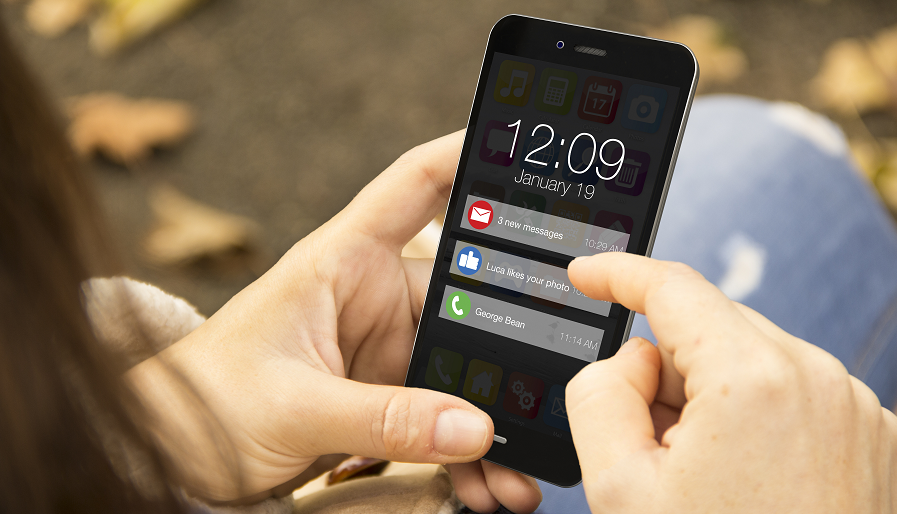When a vendor says they have SMS delivery reporting, it doesn’t guarantee that your messages are always received by your recipients. In fact, as we’ve been discussing, it’s the carriers’ rules, your messaging content, volumes, speeds and other factors that determine deliverability.
Luckily, that doesn’t mean you’re at a carrier’s mercy. There are actions you can take to increase your SMS delivery rates. Here are some simple actions that will make a significant impact for your business.
How to Increase SMS Delivery
1. Use the correct type of SMS phone number (SenderID)
- Different numbers have different rules.
- Long codes: Typically used for interactive messaging. A maximum of roughly 500 messages per day, per long code can be sent. After that the code gets blocked. Repetitive keywords & URLs in the message body will also be blocked by the carriers if these types of messages are sent using long codes.
- Short codes: These numbers are designed for larger message blasts like campaigns, surveys and announcements. Short codes are fully featured and there is no daily restriction on the number of messages or volume of messages that can be sent. But, you can’t have interactive conversations over short codes.
- By sending the correct type of messages on the correct number types, you increase delivery.
2. Avoid repetitive content that triggers Spam Filters
- Marketing campaigns, customer announcements, etc., will trigger SPAM filters and you’ll lose your number and all the messages will be blocked and charged.
- Use merge fields, sometimes called tokens, to add a name to the message to break up repetitive content.
3. Check the destination country’s rules around message timing
- Some countries only allow marketing or other types of messages to be sent during specific hours. For example, during business hours. If you send outside of these hours your messages are blocked. They may or may not be delivered the next day during business hours.
- Always check your destination countries’ rules to be sure you are sending during approved messaging hours.
- Your vendor should be able to program your SMS message sends to always stay within the business hours of your destination country.
4. Clean your lists
- One of the main reasons messages fail is due to incorrect mobile numbers. This can be caused by human error or changed numbers.
- You still get charged for messages sent to wrong numbers, so cleaning your lists can save your lost/undelivered messages and wasted money.
5. Understand the rules for your specific messaging numbers and carrier
- Every carrier has specific rules for different types of messaging numbers (what they call codes and/or SenderIDs.)
- Rules vary concerning what type of messages you can send, how many messages you can send in a specific time period and the ratio of inbound to outbound messages that’s required.
- Be sure you understand the rules and follow them. To learn more about carriers, SMS messaging and their requirements, check out How Messaging Works.
6. Choose an SMS vendor that understands the diverse carrier requirements for global messaging
- A vendor that has direct connections and tight relationships with the individual carriers is more likely to have increased delivery rates due to those connections, vs an aggregator.
- Such a vendor is also more likely to understand the rules for each carrier and number type, to guide you in your selection and use of messaging numbers.
- These vendors are also more likely to offer proactive management of SMS delivery within their SMS gateway, assuring that parameters such as volume, speed and time of message sends match the carrier’s rules.
The Bottom Line
Any vendor who says they deliver 100% of messages isn’t telling the truth. There are always blocked or undeliverable messages, just as there are always bounced emails.
By following the simple steps above, you can and will increase your SMS delivery rates.


